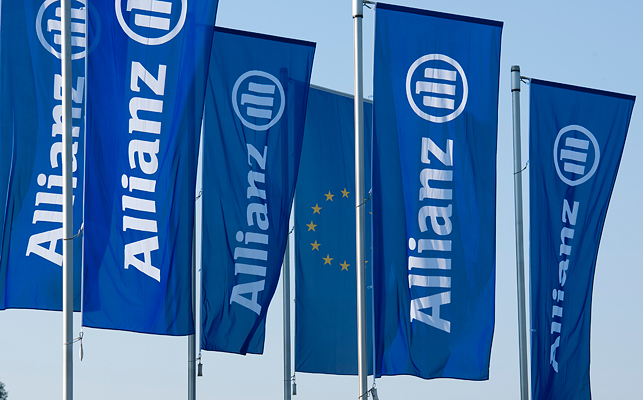Bridging the gap:
Unveiling the economic divide between the U.S. and Eurozone
Downloads
Related links
The growing economic divide
The drivers behind U.S. dominance
Several key factors give the U.S. an upper hand. These include:
- More flexible economic policies, aided by lower government funding costs.
- The advantage of lower energy costs, a boon in times of energy and geopolitical uncertainty.
- A significant lead in the technology sector, underpinned by better access to early-stage financing and international talent.
- Strong demographics profile and natural resource availability, crucial for powering the green transition.
Europe’s challenges
In contrast, Europe's challenges stem largely from self-imposed constraints:
- Over-regulation and red tape are stifling productivity growth.
- Fragmented capital markets that limit efficient funding.
- Complex and backlog-prone EU programs, impeding economic development.
- Political and national interests hindering initiatives like the Capital Markets Union.
The green…silver lining
Yet, it's not all doom and gloom for the Eurozone. Europe is spearheading the green transition, with significantly lower CO2 emissions and a lead in green goods trade. This shift toward a green economy offers a beacon of hope, potentially generating jobs and offsetting the impacts of deindustrialization in declining sectors.
To regain its competitive edge, the Eurozone must act swiftly and decisively. Key areas of focus should include:
- Cutting down on red tape and over-regulation.
- Revitalizing the Capital Markets Union.
- Streamlining the absorption of EU funds.
- Strengthening European industrial policies to mitigate subsidy races.
Europe's economic revitalization hinges on structural reforms, financial integration, and the completion of initiatives like the Banking Union. The choices made now will significantly impact the region's economic future.
This Allianz Research report is not just a collection of data and trends; it's a call to action for policymakers and business leaders alike. You can find the detailed analysis here.
About Allianz
** As of March 31, 2024.



